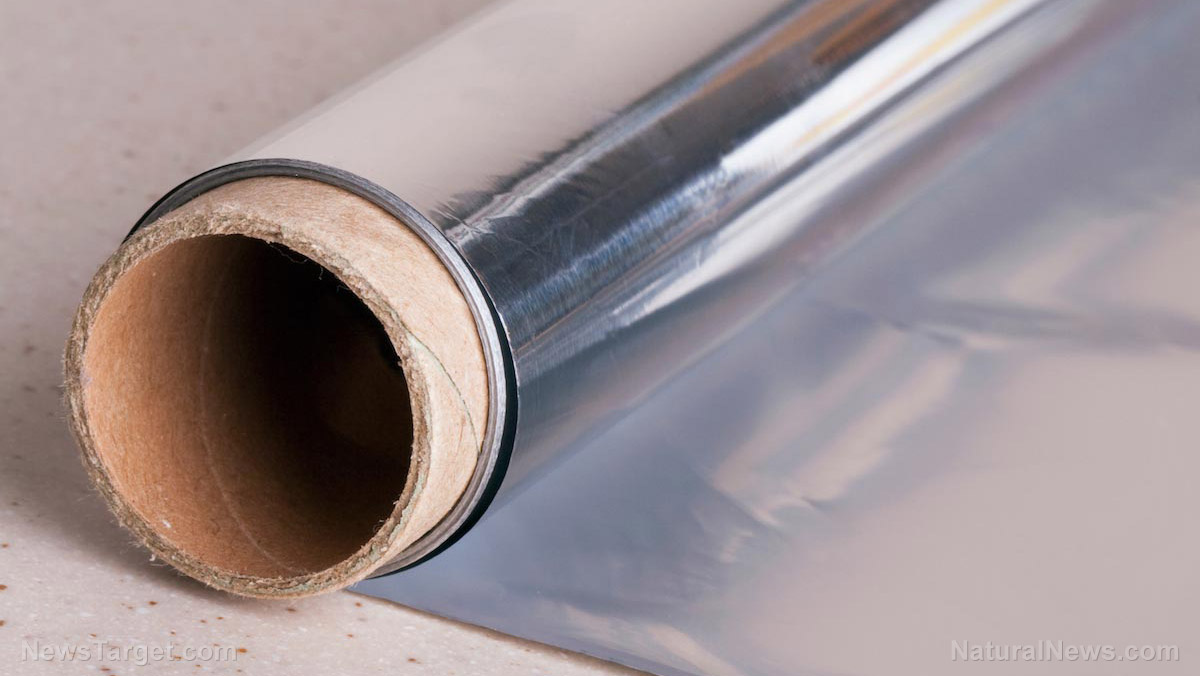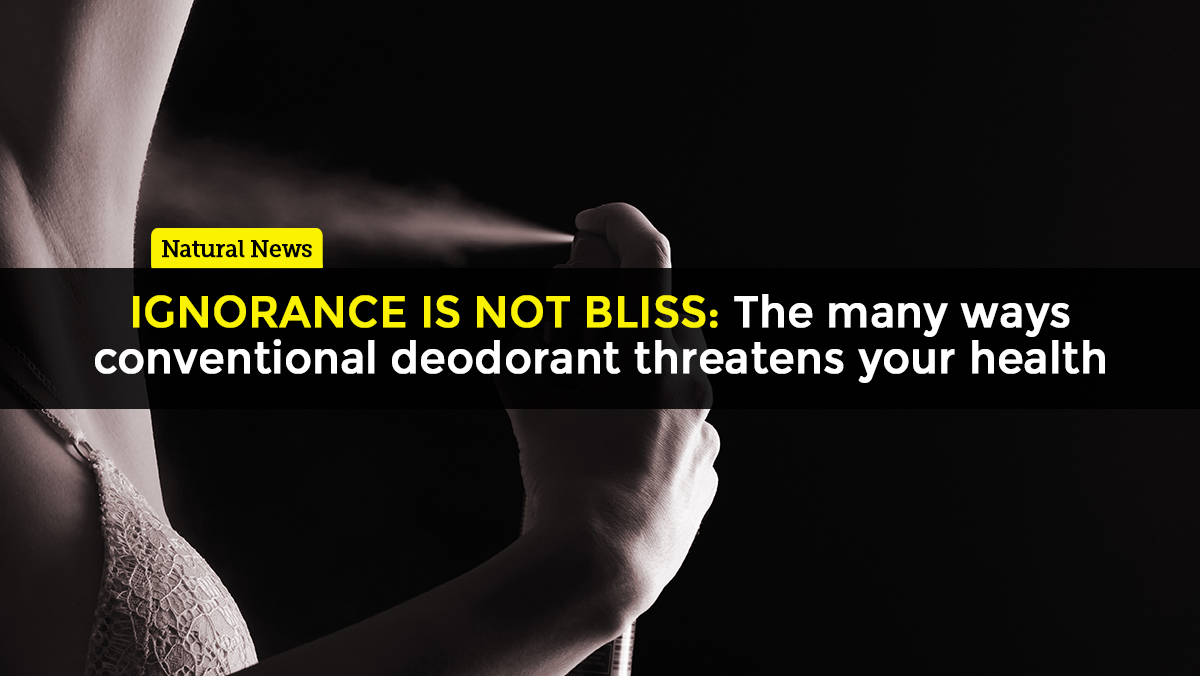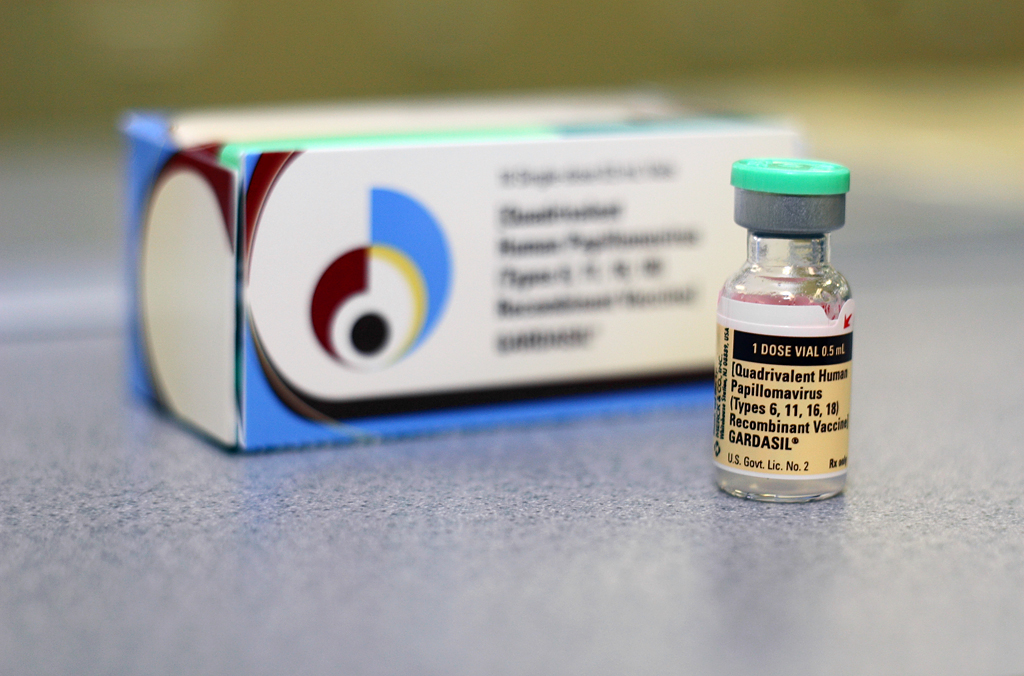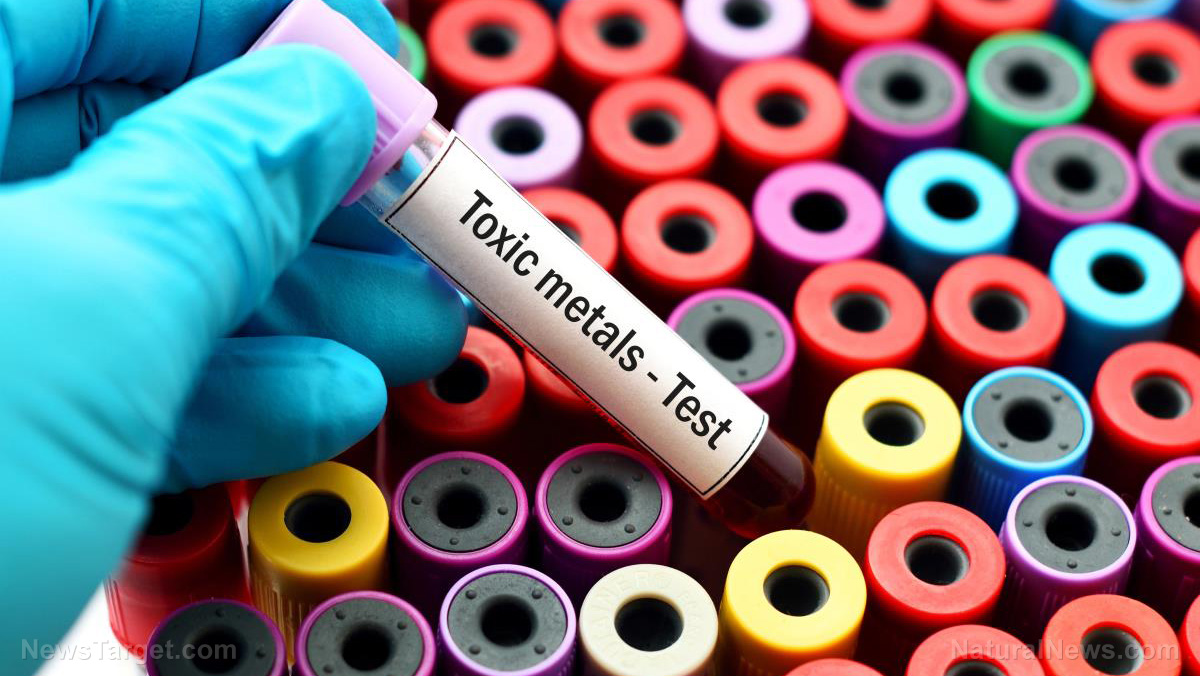Aluminum can foil your good health: Do you use this neurotoxin in your kitchen?
06/25/2019 / By Isabelle Z.

If you take a look around a typical kitchen, you’re likely to find a lot of aluminum. It’s not something you might give much thought normally, but once you start looking for it, you’ll find it everywhere, from the pans in your cabinet to the foil in your drawer and the canned vegetables in your pantry. Its ubiquity might make you think it’s quite safe, but the truth is that it is a neurotoxin that can wreak havoc on your health.
That’s right: the Agency for Toxic Substances and Disease Registry officially classifies aluminum as a neurotoxin. Unfortunately, it’s the third most common element on Earth and enters your system quite easily. You’ll find it in everything from medications and vaccines to beauty products, but it’s in the kitchen that you need to be especially vigilant.
If you think the potential damage is pretty minimal considering you don’t actually consume aluminum, think again: Over time, it accumulates in your brain, thyroid, kidneys and liver, where it can lead to inflammation, oxidation and tissue damage. It can affect your mood, sleep and cognition, and it’s even being linked to dementia. Prolonged exposures to low levels of aluminum have been associated with brain ageing and neurodegeneration, and it creates neurofibrillary tangles not unlike those seen in the brains of Alzheimer’s patents.
The symptoms of aluminum exposure include headaches, dry skin, frequent colds, gastrointestinal problems, and depression – problems that are often attributed to other causes. Once it becomes more severe, however, you might suffer from memory loss, confusion and paralytic muscular conditions.
Barbecuing this summer? Forget about cooking in foil!
If you’re planning on barbecuing this summer, leave the foil behind. It might be convenient to wrap up your vegetables or fish in some aluminum foil and toss it on the grill – especially at cleanup time – but it’s far more difficult to clean up the health problems you could endure by relying on this cooking method.
In fact, a study published in the International Journal of Electrochemical Science found that using foil for cooking significantly contributes to your daily aluminum intake, leaching out into your food in levels that exceed those allowed by the World Health Organization. For example, cooking in foil raised the aluminum concentration of meat by anywhere from 89 to 378 percent, while the range for chicken was 76 to 215 percent. Cooking at higher temperatures leads to higher concentrations.
They also discovered that cooking acidic foods like tomatoes and lemons in aluminum caused greater aluminum concentrations than foods that are more alkaline. This is useful information not just when you’re grilling but also if you have a habit of lining your oven tray with foil. The researchers said it’s simply “not suitable for cooking,” adding that there is a “serious health risk” from eating lots of foods baked in foil.
What can you do about aluminum exposure?
If you’ve just vowed to toss all the aluminum in your house in the trash and switch to safer cookware, that’s a great first step, but what can you do about all the aluminum that has been accumulating in your body so far?
Cruciferous vegetables like broccoli, cabbage and Brussels sprouts have been shown to naturally detoxify your body of aluminum, as can allium foods like onions and garlic. In addition, cilantro, vitamin C and chlorella can also help detoxify metals. Turmeric, meanwhile, can help alleviate the negative effects of aluminum exposure.
Aluminum might be convenient, but it simply isn’t worth putting your health at risk. Summer is the perfect time to remove this neurotoxin from your kitchen (and your bathroom and medicine cabinet!) and start replacing it with healthier cooking methods.
Read Aluminum.news for more scientific reports on aluminum toxicity.
Sources for this article include:
Tagged Under: Aluminum, aluminum cookware, aluminum foil, Alzheimer's, brain health, cooking tips, dementia, disease causes, exposure, FIght Dementia, metal, mind body science, neurotoxins, stop eating poison, toxic ingredient, toxins
RECENT NEWS & ARTICLES
COPYRIGHT © 2017 ALUMINUM NEWS



















